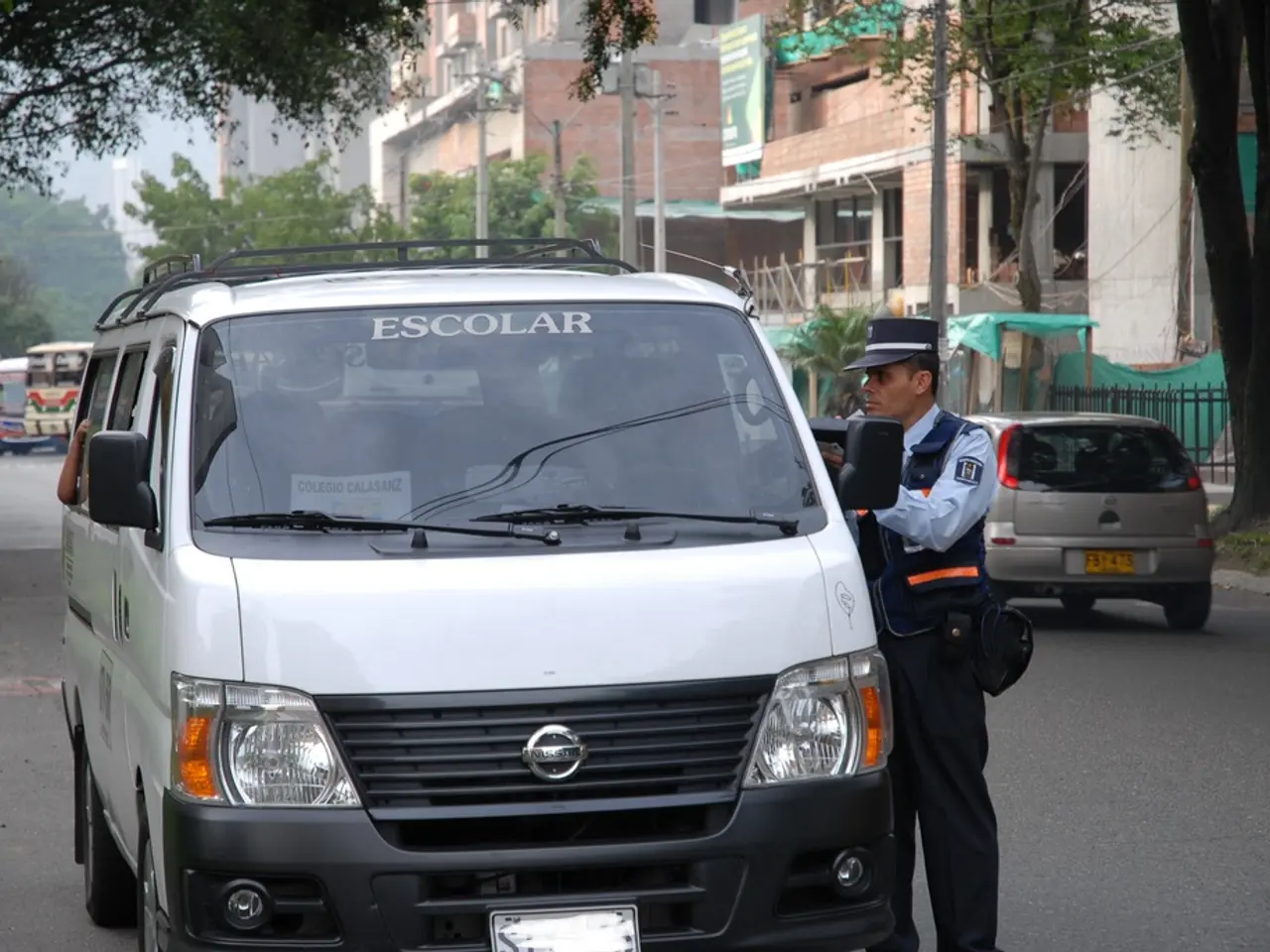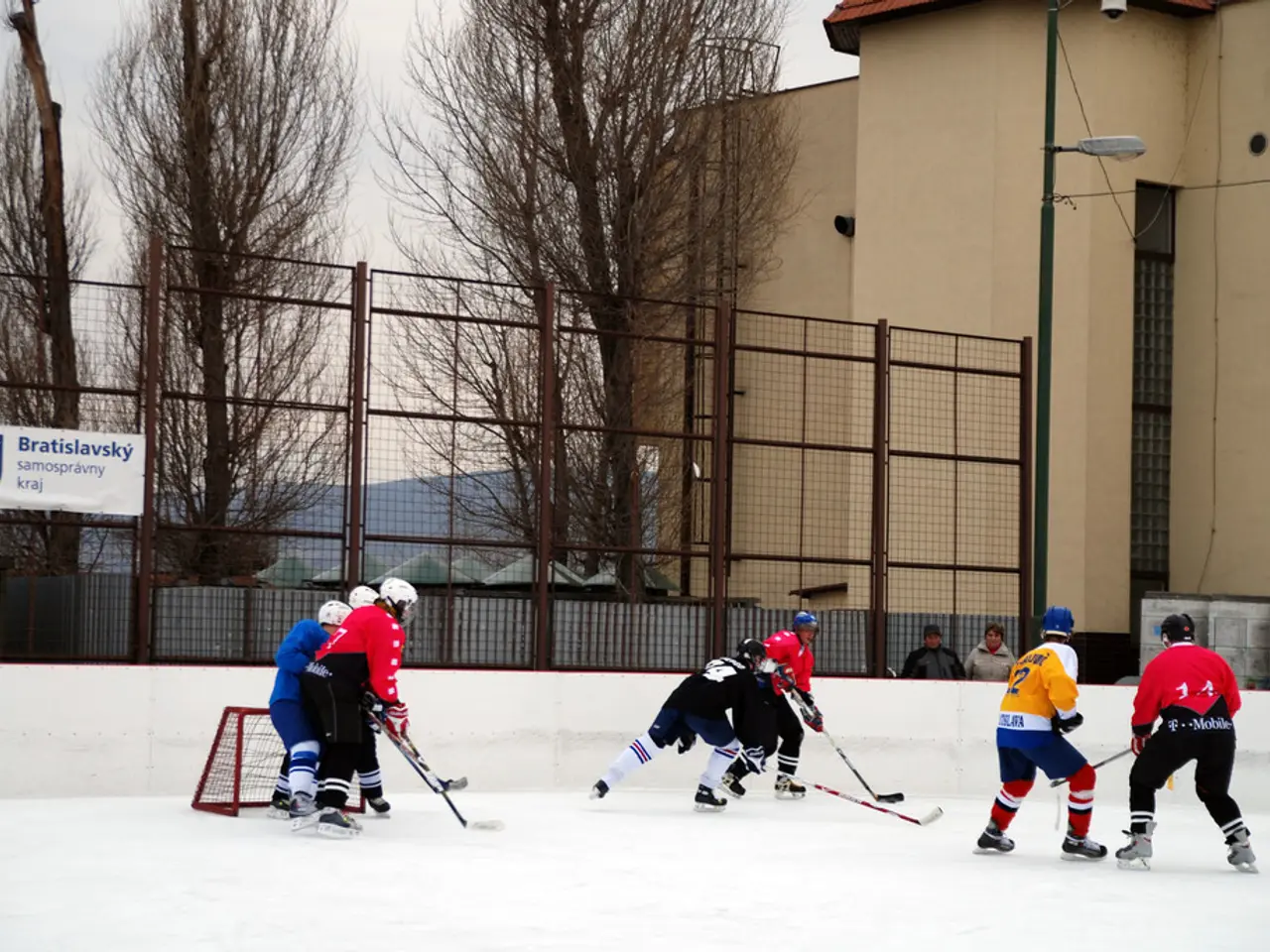"A climate of fear prevails": Undocumented students anxiously await the beginning of Donald Trump's new term
Study in California, a Sanctuary State
Jenni Hernandez attends California State University, Sacramento, nestled in a sanctuary city within a sanctuary state, and housed on a campus that welcomes immigrants. Yet, as an undocumented resident of the country, Hernandez feels an intense fear akin to when she was seven years old and first learned that her parents could be deported at any moment.
"While some of my peers had nightmares about monsters under their beds or such things, I had a real fear that one day my parents just wouldn't be there, and I'd never know what had happened," Hernandez says. Now, with President Donald Trump's promise of mass deportation, she says, "that fear has returned."
Hernandez, 23, was born a year after her parents brought her to California, where she grew up in the San Francisco Bay Area. After graduating from high school, she found state resources that helped her pay for university tuition. She lacks legal authorization to work but participates in a program that allows her to acquire experience as a volunteer and pay a stipend. As a graduate assistant at California State University, Sacramento, Hernandez is pursuing a Master's degree in leadership in higher education.
However, she says, "I don't feel safe in any place right now."
Related: Are you interested in education innovation? Subscribe to our biweekly newsletter
Hernandez is one of the estimated 100,000 undocumented university students in California - the most in any state in the nation - facing an uncertain future as they progress through their higher education and prepare to work. University leaders and advocates for undocumented students are evaluating what protections universities can offer.
Some students, advocates say, are wrestling with an even more existential question: Should they remain in university?
"I think it casts doubt on the idea of pursuing higher education, exposing oneself after the elections, if that puts you or your family at risk," said Madeleine Villanueva, director of higher education for the nonprofit organization Immigrants Rising based in California.
Many undocumented university students today - estimated to be around 408,000 nationally - are not eligible for any legal protection. They should have been at least 15 years old to apply for protection from deportation and a work permit through the Deferred Action for Childhood Arrivals (DACA) program; however, by the time they were old enough to apply, the program was already facing court challenges. It has not accepted new applicants since 2021.
Trump recently retracted some of his earlier comments, claiming he would work on a plan to allow Dreamers - people like Hernandez, brought to the United States as children and who grew up here - to stay. In the same interview, he addressed the issue of mixed-status family deportation: "I don't want to separate families, so the only way not to separate them is to send them all back, and they have to go."
The uncertainty only adds to the fears of students.
"The threats are real and seem to be reinforced daily," said Paulette Granberry Russell, president of the National Association of Multicultural Educators in Higher Education.
"Students will worry about whether they can or cannot continue their studies, and if their families will be safe. There's a culture of fear ... and we can't ignore that."
Shortly after the elections, leaders from the University of California, California State University, and California Community Colleges jointly issued a statement asserting that "we remain firm and committed to our values of diversity and inclusion."
"After the results of the presidential elections, we understand that there is much uncertainty and anxiety within the higher education community in California," they said in the statement. "We take pride in welcoming students, faculty, and staff from all backgrounds, experiences, and perspectives, and we will continue to support and protect all members of our communities."
Under President Joe Biden, the Department of Homeland Security issued a memorandum designating certain "safe zones" where immigration laws would not be enforced, including universities, healthcare centers, social service centers, and churches. Administration officials under the new Trump administration reportedly abandoned this rule, allowing immigration agents to conduct operations as they see fit.
Undocumented students in California are eligible for state scholarships and financial aid, and many have access to free pro-bono immigration lawyers through public institutions. In other places, these students face significantly different levels of access to higher education and protection. Some universities, like Northeastern Illinois University, offer similar protections to those in California: Campus police do not detain or arrest anyone based solely on their immigration status, and they do not cooperate with Immigration and Customs Enforcement (ICE) unless ICE issues an arrest warrant and the university has clear and easily accessible information about what to do if ICE enters the campus. However, in Texas, though state laws prohibit the application of immigration laws in primary and secondary schools, such protection does not extend to universities.
Villanueva said that some undocumented students worry about the possibility of ICE agents going to college campuses and arresting them, and they question whether universities can protect the personal information they provided in various applications for financial aid.
Related: Trump's deportation threats weigh heavily on groups that help with FAFSA
The Family Educational Rights and Privacy Act (FERPA), a federal law, prohibits universities from sharing personally identifiable student information without written consent from the student, following a guide issued by the Presidents' Alliance on Higher Education and Immigration, and the American Association of College Registrars and Admission Officers. However, universities may be required to disclose information without consent if presented with a court order or a subpoena, according to the law.
In California, state laws prohibit ICE agents from entering private property unless they have a court order. If university officials believe someone has been arrested by ICE, administrators can quickly communicate with the affected student's emergency contacts.
Many public universities in California offer students and their immediate families access to free immigration legal services through local immigrant rights defense group partnerships.
At California State University, Stanislaus, students typically could arrange a meeting with a lawyer within a matter of days, said Guillermo Metelin Bock, who coordinates support services for undocumented students. However, by mid-November, all appointments were booked until the end of the year. DACA students were rushing to renew their status before Trump's inauguration, and those with green cards or whose family members have them were applying for naturalization, he said.
"Our students are feeling anxious, uncertain, and scared now that we know who the next president will be," said Metelin Bock.
Villanueva, of Immigrants Rising, said that universities can take some steps to protect their students.
In December, California's Attorney General published "model policies" or guidance for universities, written to limit local and state cooperation with federal immigration enforcement efforts. The document summarizes relevant laws and provides guidance on how universities should handle students' personal information, what to do if ICE requests access to student records or wants to enter campus or dormitories, and what to do if ICE takes action against students or their families.
For example, the model policies suggest giving students an annual notice about what FERPA protects and the type of information that might be available through the school directory - and how to opt out of it. The guidance advises limiting the collection of information about a student's immigration status or national origin, except when required by federal law.
Related: Planning to attend university? Our tools can help you choose a school and plan costs
The document also recommends that universities designate an employee as a contact for students, faculty, or staff who may be subject to an order or investigation related to immigration. If a student is detained or deported, the guide recommends that universities do everything possible to help the student maintain financial aid eligibility and preserve other funds for their education, and to help them re-enroll if they can return to campus.
The guidance also recommends that universities adopt policies on who can access campus facilities, such as libraries, academic buildings, and lounges, which are usually reserved for staff or students. According to federal regulations, immigration officers do not need a court order to enter a university campus, but they do need one to enter student residence halls.
"Change is difficult in general, but it's particularly difficult if your livelihood or benefits or anything you depend on could be at risk," said Viridiana Diaz, vice president of student affairs at California State University, San Marcos.
Diaz said that she and other administrators are trying to calm students, assuring them that they're safe on campus and that ICE officers will not have "access to any of our students" without a court order.
"The uncertain future of undocumented university students in California, such as Jenni Hernandez, raises questions about their continued pursuit of higher education amidst fears of deportation. University leaders and advocates are evaluating potential protections universities can offer, as some students question if they should remain in university due to risks to themselves and their families."
"The threats to undocumented students extend beyond personal fears, affecting their academic progress. For instance, the availability of resources and support services, like free pro-bono immigration lawyers, varies greatly across different states, leading to significant disparities in access to higher education and protection for these students."








